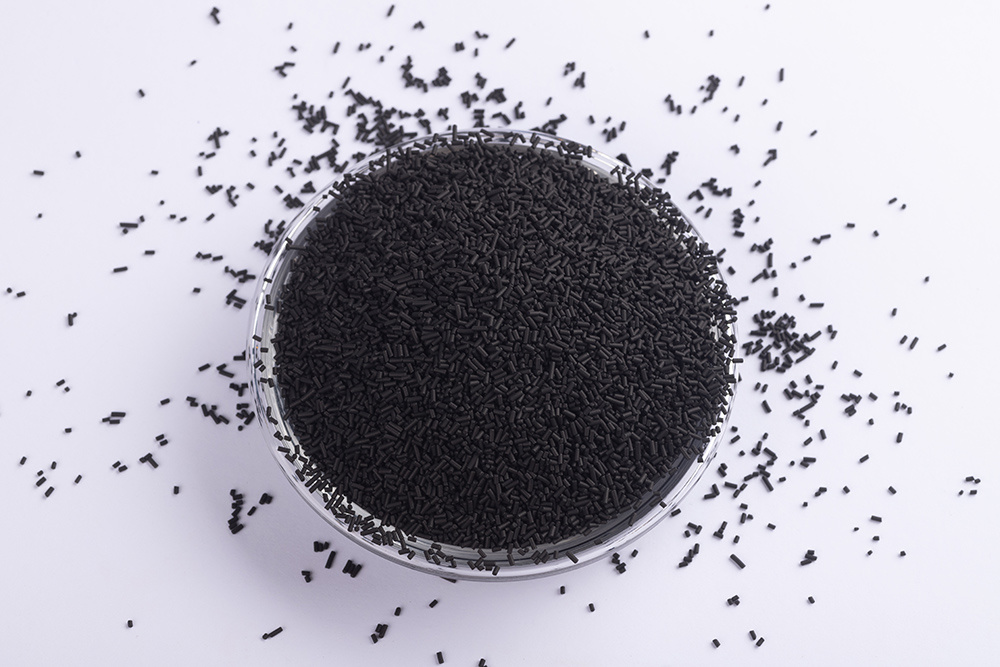Why Carbon Molecular Sieves Matter in Air Separation and Biogas Purification
Carbon molecular sieves (CMS) have become indispensable in modern gas separation technologies, particularly in air separation and biogas purification. Their unique microporous structure enables selective adsorption based on molecular size differences, making them far more efficient than conventional methods.
In air separation, CMS plays a critical role in nitrogen generation through pressure swing adsorption (PSA). By preferentially adsorbing oxygen and moisture while allowing nitrogen to pass through, CMS produces high-purity nitrogen (up to 99.9995%) for applications ranging from food packaging to electronics manufacturing. This process is significantly more energy-efficient than cryogenic distillation.
For biogas purification, CMS effectively removes CO₂, H₂S, and other impurities from raw biogas, upgrading it to pipeline-quality methane. Unlike amine scrubbing, CMS operates without chemicals, reducing environmental impact and operational costs. The material's hydrophobic nature also prevents performance degradation in humid conditions.
Recent advancements focus on optimizing CMS pore structures for even greater selectivity and capacity. As industries worldwide push for sustainable solutions, carbon molecular sieves will continue to be a game-changer in clean energy and industrial gas production.

Related News

TOP



